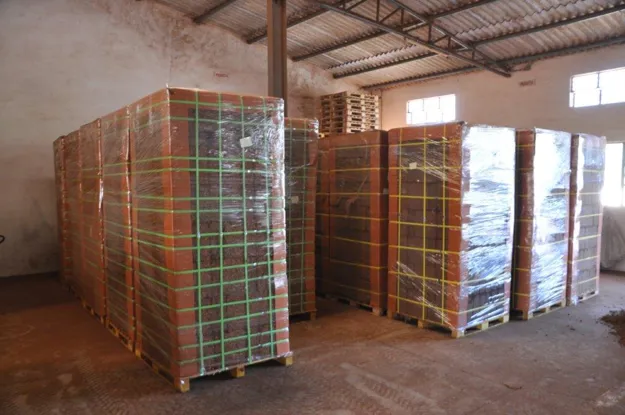The current situation in the Red Sea has a significant impact on sea freight. Since Christmas Eve, transport costs have increased fivefold and continue to rise. As is also experienced by Jack van Batenburg from Bol Peat.
Container ships heading to Europe usually pass through the Red Sea, yet they are currently rerouted via South Africa. According to Jack van Batenburg, this situation leads to several problems: “The rates have gone up considerably due to the detour and increased risk. The rerouting leads to later ship arrivals and thus uncertain cargo arrivals. This massively disrupts the sailing schedules leading to container- and boat shortages. For example in India, which is where we get our coconut from. Fortunately, we still had stock left from last year. However, you could see that it had a domino effect.”

Bol Peat ships coconut from India and Sri Lanka all over the world and points out that the situation is not only affecting freight via the Red Sea. He says: “The costs are increasing everywhere. In the danger area rates are incredibly high, but freight to Australia and New Zealand has also seen a cost increase. Even for South Africa, which is now the safe route, it has risen. This is partly due to the schedule disruptions, but the rates have proven to be volatile for a long time. During the pandemic, rates were even higher. After that, those did collapse a bit, and we benefited from that, last year. Sometimes there was a difference of 5.000 dollars. During the pandemic, rates were way too high, to the point that nobody could work with them. However last year's rates were actually too cheap.”
Currently, rates seem to be stabilizing again. They are not as low as last year and according to Jack, this is not necessary either. A fixed-rate that may vary a bit seasonally seems best to him. In this way, they can work with long-term contracts again.
For more information:
Bol Peat B.V.
Nieuwe Waterwegstraat 34
3115 HE Schiedam
Tel.: 010 426 7666
[email protected]
https://www.bolpeat.nl/nl/
